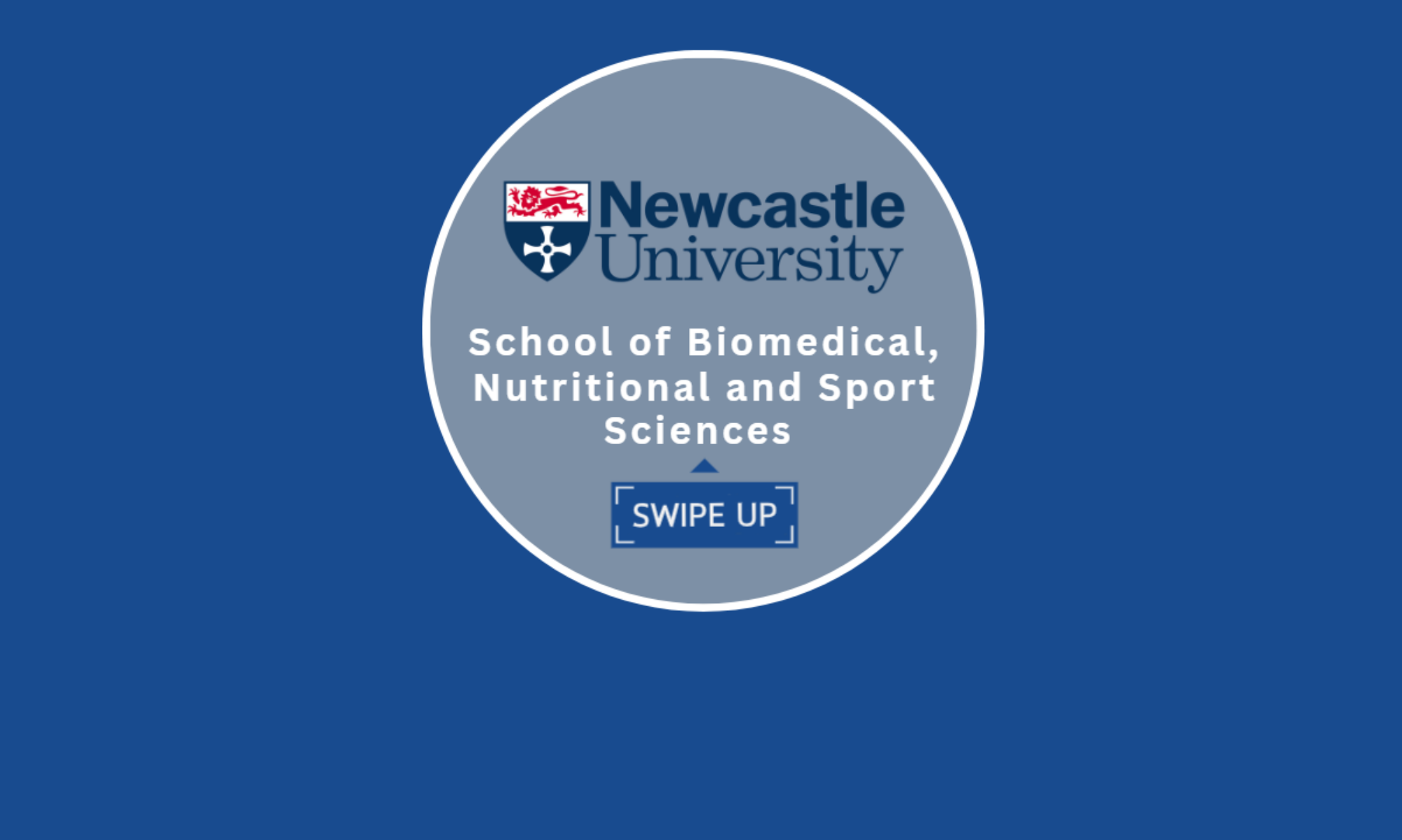Exciting times for the Nutrition and Dietetics team at Newcastle University!
As the new academic year is fast approaching, we prepare to welcome our first cohort of undergraduate dietetics students onto our new 4-year Integrated Master of Dietetics programme. The North East of England NHS departments have been asking for an undergraduate dietetics course for some time, so in the last year we have been planning and writing our course, successfully achieving Health and Care Professions Council approval and British Dietetic Association accreditation in January 2020.

I suspect some of you are not too familiar with the work of dietitians, perhaps assuming that it’s mostly dealing with obesity, and telling people what NOT to eat. Well, I don’t quite see it that way. I’ve been a dietitian for over 20 years, in both clinical and academic settings, and I can tell you that dietetics is a really varied profession.
In the clinical setting, I worked in the Intensive Care Unit alongside anaesthetists, pharmacists, biochemists, and nurses. My role was to ensure that patients received good quality nutrition via tubes and intravenous lines that would meet their needs during serious illness. Patients were mostly sedated and ventilated so, often, my interactions were advising other health care professionals on adjustments to fluid volumes and rates of feed, as well as how to manage the timing and delivery of feed due to potential interactions with drugs. Reassurance to distressed family members was also important as most didn’t understand how we meet nutritional needs (without chewing and swallowing).

I also spent some time as a paediatric dietitian which was incredibly varied. Some days I was advising children with newly diagnosed type 1 diabetes mellitus (and their parents) on a healthy diet and the timing and dosage of insulin injections, as well as how to prevent (and manage) a hypoglycaemic episode.
One area I particularly enjoyed was working with children with cystic fibrosis. A large proportion of those with this condition have pancreatic insufficiency, where their pancreas doesn’t produce enough of the digestive enzymes to help with the absorption of fat and other nutrients. There are pancreatic enzyme replacement drugs that can be used to help with that, but the dosage of those needs to be matched to the quantity of fat consumed with each meal.
I found it really rewarding to work with the children and their parents to educate them on estimating their fat intake at each meal, working out the correct drug dosage, and subsequently hearing how their symptoms of malabsorption had improved. These patients often struggled with a low body weight, so this was the opposite of managing obesity!
Our dietetics course will be sharing some teaching with the existing Food and Nutrition programmes as our students learn about the fundamental biochemical and nutritional sciences that underpin dietetics. We are all moving into the new Dame Margaret Barbour Building in mid-October and I managed to have a tour of the facilities last week; they are fantastic! The Food Handling Laboratory and Sensory Analysis Suite are really impressive, and I’m particularly looking forward to using the clinical consultation rooms for simulating outpatient appointments with students and volunteer patients.
2020 has been a challenging year for us all, but in the School of Biomedical, Nutritional and Sport Sciences it hasn’t stopped us forging ahead and creating new learning opportunities and facilities for our students. We’re excited to begin a fresh chapter with the launch of our new Dietetics programme, so keep an eye out for future blogs to hear about what they have been up to!
In the meantime, if you’d like to find out more about what dietitians do, County Durham and Darlington NHS Foundation Trust are hosting a Nutrition and Dietetics Career’s Open Day on 16th October 2020 which will be held virtually – see the document below, and please do sign up!

